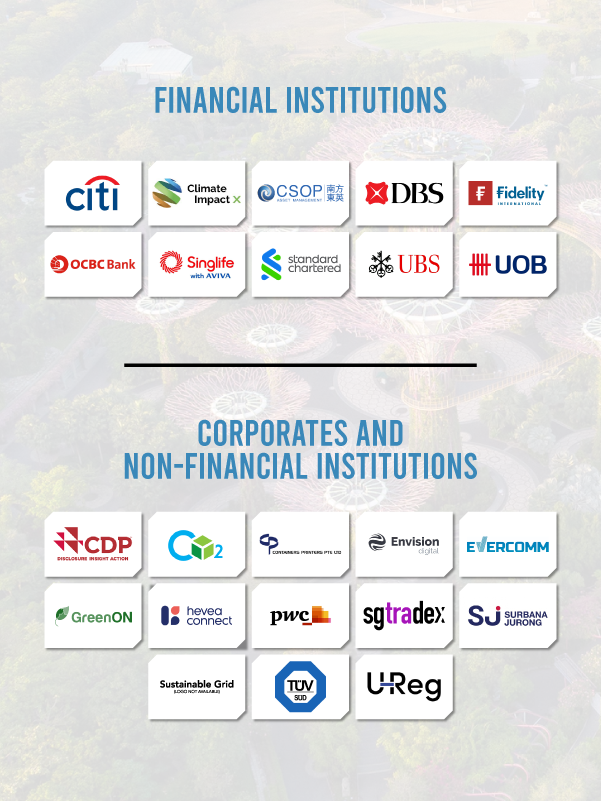
STACS Officially Launches ESGpedia Powering MAS’ ESG Registry
by Fintech News Singapore May 19, 2022Hashstacs (STACS), a blockchain-based fintech firm focused on Environmental, Social, and Governance (ESG), has developed and officially launched its ESGpedia registry platform.
ESGpedia aims to improve sustainability data quality to support more effective sustainable finance.
The registry was launched with a live showcase at the Project Greenprint Industry Showcase Event on May 18 that was organised by the Monetary Authority of Singapore (MAS), Singapore Fintech Association (SFA), and STACS.
ESGpedia aggregates, records, and maintains the provenance of holistic and forward-looking ESG certifications and data of companies across various sectors and global verified sources on a single registry, utilising blockchain technology to ensure security and ease of access by different users.
It serves financial institutions like banks, asset managers, investors, insurers, and exchanges, as well as non-financial institutions like corporates, service providers, and verifiers.
ESGpedia will power the Greenprint ESG Registry, one of the four digital utility platforms housed under Project Greenprint, which MAS is developing in partnership with the industry.
Here’s an overview of MAS’ four pilot programmes under Project Greenprint.

Benjamin Soh
Benjamin Soh, Managing Director at STACS said,
“There’s a profound disconnect between the ESG data financial institutions and companies need, and what is available to them. First of its type, ESGpedia aggregates all ESG efforts, bridging the gap in ESG data and finance where there is no other such platform today.
We are excited to be working on use cases with leading global partners in different industries and sectors, whether as data providers or users, to strengthen trust in ESG data, to truly enable effective sustainable finance on an international scale.”

Dr Darian McBain
Dr Darian McBain, Chief Sustainability Officer at MAS said,
“The launch of the blockchain-based ESGpedia platform establishes a robust base for powering the Greenprint ESG Registry, combining STACS’ work on aggregating high quality ESG data from multiple certification bodies and verified sources, with the ability for financial institutions, corporates, and regulators to access this trusted data via a single source in accordance with their needs.
In time, data housed in the Greenprint ESG Registry will form a central pillar that underpins the financial sector’s effective mobilisation of capital towards sustainable projects, as well as the accurate tracking and quantification of emission reductions, abatement levels, and other sustainability KPIs linked with these projects.”
Partners of STACS ESGpedia since November 2021:








